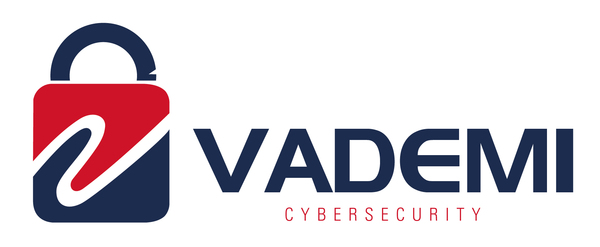In the age of digital transformation, cybersecurity has become an unavoidable priority for businesses and organizations of all sizes. With cyber threats constantly on the rise, understanding and implementing cybersecurity fundamentals is crucial to protecting digital assets and maintaining user confidence.
The first line of defense in an effective cybersecurity strategy is network security. Organizations need to adopt advanced firewall solutions, practice rigorous network segmentation and apply encryption protocols to secure data in transit. Continuous network monitoring is also essential to detect and respond rapidly to suspicious activity.
ApplicationsWhether developed in-house or acquired from third parties, applications need to be secured throughout their lifecycle. This includes incorporating secure development practices, carrying out regular security audits, and continually updating to address known vulnerabilities.
Effective identity and access management (IAM) is vital for controlling access to critical resources. IAM solutions must include multi-factor authentication mechanisms, role-based access control policies and regular audits of access rights to prevent internal and external abuse.
As human error is one of the main causes of security breaches, it is essential to invest in employee training and awareness. Training programs should cover security best practices, recognition of phishing attempts and secure management of personal and professional information.
Protecting sensitive data is an essential component of any cybersecurity policy. Organizations must use robust encryption techniques, perform regular backups and establish data retention policies to guard against data loss and breaches.
Having an incident response plan in place means you can act quickly in the event of a security breach. This plan must include procedures for containing the incident, assessing its impact, notifying stakeholders and restoring affected services.
Regular system maintenance and application of the latest of the latest security patches are essential to defend against known threats. A vulnerability management program must be in place to quickly identify and address potential weaknesses.
Physical security should not be overlooked, as it plays a crucial role in protecting critical infrastructures. This includes controlling physical access and monitoring facilities to prevent unauthorized access.
Organizations need to regularly assess the cybersecurity risks associated with their operations and strategies. Risk assessment helps identify potential vulnerabilities and prioritize security investments according to the level of risk.
Compliance with regulatory requirements is fundamental to avoiding sanctions and maintaining corporate reputation. Organizations need to be aware of local and international regulations and ensure ongoing compliance.
Conclusion
In a digital world where threats are constantly evolving, taking a comprehensive and proactive approach to cybersecurity is essential. By focusing on these fundamentals, organizations can not only protect their digital assets but also strengthen their resilience in the face of cyberattacks.
